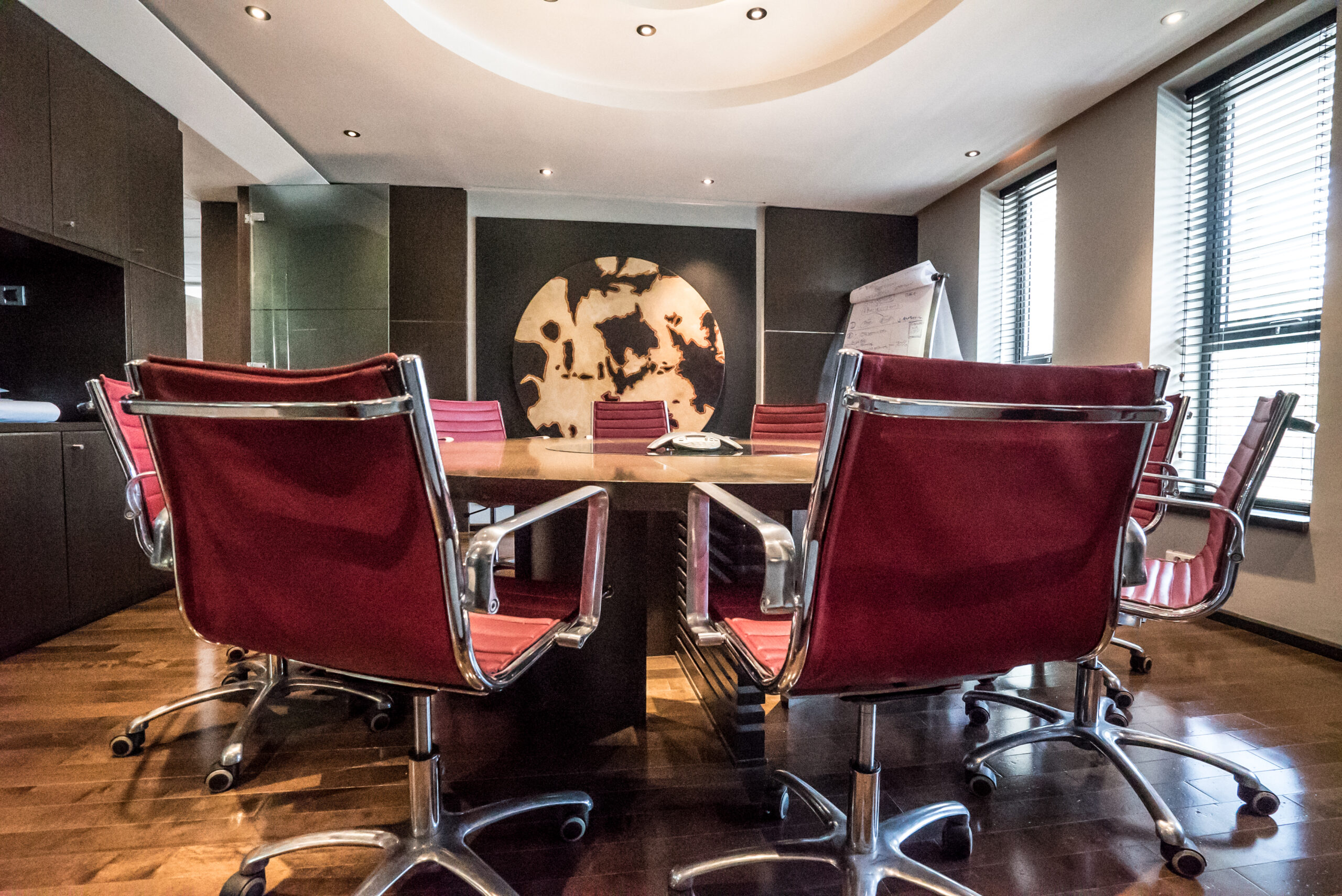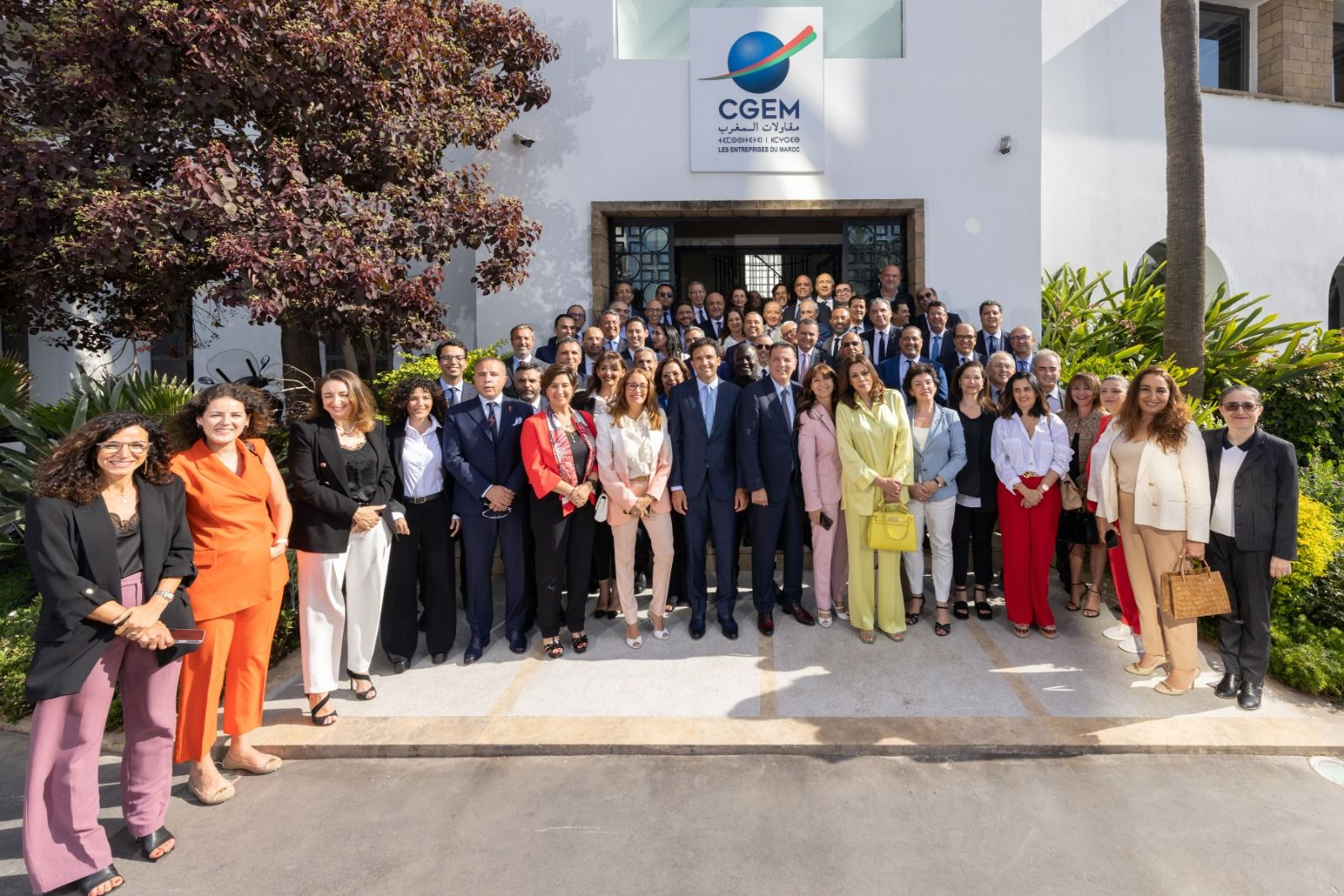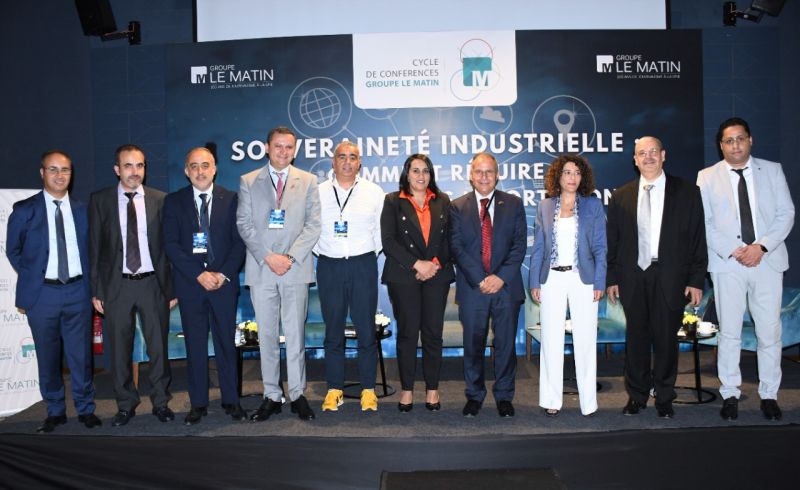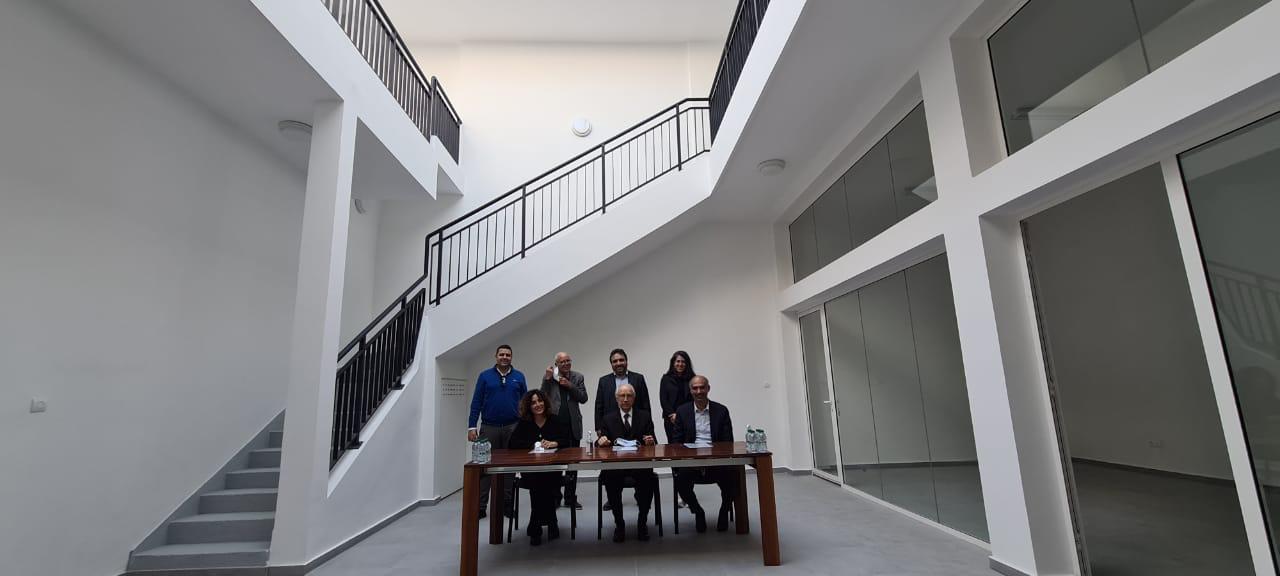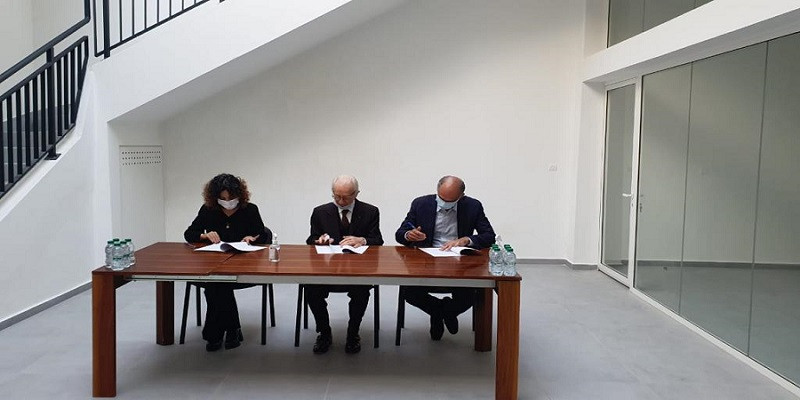For Salim Sekkat, this crisis has revealed the great fragilities of our business fabric. According to him, 15 days of shutdown were enough for a large part of the companies to find themselves on the verge of bankruptcy. Which shows that structural imbalances did not appear with Covid-19.
If the aid and credits granted by the State and the banks will allow them to hold out for a few months, in reality they will only smooth out their costs over the next few years and further increase their liabilities. Bottom line: in the absence of future profits capable of wiping these slates clean, these companies will be even more weakened after the crisis. And will have difficulty holding on…
Which argues, according to him, for a movement of concentration, where the survivors of the crisis will swallow up those who are having difficulty getting back on their feet. Something that the consultant presents as an opportunity for the Moroccan economy, which needs solid players capable of creating long-term value and competing with global competition.
Our man does not believe in the “protectionist” scenario or at least in the import-substitution policy. Because, he explains, protectionism will first hurt our exporting companies, because if we close our borders, our partners will not sit idly by and will do the same. As for substitution, he believes that our industry is not developed enough to manufacture everything we import. And cannot compete in every way with countries that can produce better and cheaper.
The only way out: to put together a competitive offer, with high added value, built over the long term, and to offer the world what others don’t do or don’t know how to do…
– LeBoursier: The public authorities have put in place several measures to help businesses overcome this unprecedented crisis. Do you find them reassuring?
– Salim Sekkat : At first glance, these measures effectively make it possible to relieve cash flow, pay salaries, rents, meet requirements, etc. But if this aid makes it possible to smooth out the costs over time, the danger is that this will lead to the accumulation of a mountain of costs for after confinement.
For example, if we start again in July, we will have three or four months of full workloads to smooth out over the next few years. And if the confinement lasts longer, it will obviously become more difficult. The confinement will therefore have a lasting effect, the real impact of which we are currently unaware of.
– Are you talking about the debts generated during this period and which will have to be paid sooner or later?
Quite. It’s like someone who takes part of the burden from you, who walks alongside you, but who will put it back on your back as you catch your breath. Damane Oxygène is a line which will allow you to pay the charges for the months of April, May and June and which must be repaid by December 31. If you cannot repay at the end of the year, this can be transformed into a medium-term loan (CMT) over 5 years. It is very good. But then you have to generate enough profits to be able to pay off these debts. Which is not obvious.
– Are companies capable of managing this burden, knowing that the restart will not happen overnight?
Overall, the players who will be able to face this crisis are those who have focused for decades on long-term management, who have built value, heritage and built a healthy ecosystem. These can survive for a very long time, even without state aid.
– In fact, the vast majority of businesses cannot survive without this aid…
Exactly. And there is a pretty revealing fact about this. At the end of March, the Minister of Employment announced that we already had more than 77,000 companies on the verge of bankruptcy, just 15 days after the shutdown. This is of concern, because 15 days is very little, whether we are talking about liquidity or projected equity. In 15 days, there is no closing and the equity is not affected. That businesses cannot last 15 days is still alarming.
The majority of companies are poorly endowed with equity capital, and have shareholders who drain their cash flow, not knowing the difference between the company’s assets and their personal assets. This creates fragile situations. And so it only took 15 days of shutdown or drop in activity to put them in difficulty.
– Which means that these companies were sailing well before the crisis…
Exactly. The crisis has ultimately only revealed their structural fragilities… This raises questions regarding the term in which they fit. We have the feeling that most of these companies are in the short term and not in long-term construction.
It is in this observation that the first opportunity offered by this crisis lies: to question ourselves. There are business owners who should stop and ask themselves how it is that they could have come close to bankruptcy in less than 15 days of shutdown. It would be necessary to establish a financial diagnosis and rethink the different components of the links in the chain. The crisis thus offers us this great opportunity to question ourselves, to rethink our actions…
– Generally, business leaders do not accept this state of affairs. For them, the defaults come from the State, the banks, payment deadlines… Many are also demanding a protectionist policy to protect their businesses.
There are indeed difficulties on these subjects that you mention. The State must provide a framework conducive to business, it is certain that the behavior of customers and suppliers is still not exemplary… But we cannot use this as a pretext, an excuse not to move forward.
As for protectionism, I don’t think that is desirable. The State should put in place a clear, equitable framework. But from there, everyone must be free to play their part.
– You do not seem to share the idea increasingly defended by several economists of a protectionist or import-substitution policy…
Protectionism is like communism. It’s a great idea on paper, but it’s difficult to put into practice. We already experimented with it in the 1960s and 1970s, but it failed. Certainly, this made it possible to boost local production, but the consumer was disappointed, because the quality of the products had then deteriorated significantly. There was not enough competition to create emulation, and for entrepreneurs to compete in ingenuity and offer good products. In the end, it was the consumer who found himself the loser.
The role of the State is to establish a fair framework. However, this is not the case today, since we still have pension savings. And it’s not easy to change everything overnight. But it is not necessarily by giving the State the controls of the economy that things will go better.
And if we put in place protectionist measures, other countries will do the same. Which is not desirable for our exporting companies.
– In this case, what alternative(s) do you propose to help restart the industrial machine?
It’s a question of added value. From the moment you have Chinese people who are willing to work very long hours, to earn very little money, it is impossible to compete with them in this area. Unless we do the same. Which is impossible.
At some point, our companies will have to tell themselves that they are in a global battle. And that only their ability to offer added value counts. I think we all do a better job when we do what we do best. You have to offer things that the other cannot offer. It makes no sense to offer the same product to the market for three times the price.
To protect yourself means remaining in a fragmented market and having the sole objective of surviving. Nothing more. This is not what will allow us to develop.
– But how could we continue to focus on openness even as the world around us closes?
It is true that we will not be able to conduct a policy independent of what is done elsewhere. If this is confirmed and we are heading towards a wave of “reclosure” of the markets, measures will have to be taken accordingly. But overall, I don’t think this is desirable.
Today it is not a question of closing ourselves off and trying to produce everything at home when others can do it, cheaper and faster. Especially on our scale. We have less than 40 million inhabitants, and we do not have a very developed industrial fabric. I don’t see how we could produce everything we need. If we start to follow this logic, it will hurt our exports.
– So we need to reposition our offering on the global market?
It’s simple to say, but it’s complicated to put into practice. The action of the State is significant here. A number of new sectors have emerged thanks to state intervention. This has created jobs and value, but the question is to what extent Moroccan entrepreneurs learn from these experiences and can profit from them. We must be part of these value chains and not just offer labor.
In these industrial sectors, we see little Moroccan capital, but also very little transfer of know-how.
Once you have developed this, in a healthy ecosystem, crises pass without calling into question your fundamentals. Because it is know-how acquired over many years… But this presupposes an incentive framework which encourages entrepreneurs to make long-term bets, which sometimes can turn out to be losers – that’s not serious – but which allow to build solid things. This cannot be decreed, it is built over time and through effort, but I think we can get there.
– Can this crisis help accelerate this awareness?
This crisis shows that solid, well-managed companies, which have significant financial foundations, are capable of meeting these challenges. Hence my conviction that after the crisis we will see a movement of concentration in a certain number of sectors of the economy. This will give rise to large companies, well endowed financially, and capable of facing global competition.
– So you anticipate a wave of mergers and acquisitions?
This is one of the other opportunities that I see in this crisis. In Morocco, the dynamics of mergers and acquisitions is very weak. Transfers also occur within the family, not always in favor of the people best equipped to take over the businesses. It’s cultural.
The good thing about this crisis is that the gap that existed between the actors who are good, who manage to do good things, and the actors who are less so, will widen further. We are also accumulating a mountain of burdens that we must face, sooner or later. Companies that were at the limit in terms of equity and liquidity, which have not developed real added value for customers, will experience enormous difficulties. And will have difficulty getting back on track.
These elements militate in favor of a movement of concentration in several sectors. Maybe not directly after the lockdown, but in a year or two.
– In which sectors?
Several sectors will be affected. But I am thinking particularly of agro-industry, where this movement already began around ten years ago, particularly in flour milling. And where things will accelerate after the crisis.
These are fragmented sectors, between agriculture upstream and processing downstream. We see today, even large millers have financing difficulties and are unable to bring in boats… Concentration therefore becomes necessary.
This is a phenomenon that will certainly affect several other sectors of the economy. And that will be a good thing.
– What other opportunities do you see in this crisis?
This is digitalization. But I don’t know if we can talk about opportunity here, because it’s something that will emerge naturally. With the confinement, we realized that we were not where we could have been. For example, it was difficult and very expensive to set up the aid system for non-Ramedists. Which calls into question our entire digital payment system, which could have made things enormously easier. Everything that is e-gov and fintech will be expected to accelerate.
Many companies have also realized what digitalization can bring them. It was something they didn’t see the point of. But today, they have understood what it can bring them and now want to integrate it into their DNA. Those who do not participate in this dynamic will be overwhelmed.
These are observations, but they can lead leaders to thoughts that they might not have had before the crisis. And which will create new investment or reinvestment movements. This crisis is breaking down a lot of barriers.
Article Leboursier.ma (Médias24) du 06 mai 2020 : https://www.leboursier.ma/Salim-Sekkat-Le-Covid-19-va-accelerer-le-mouvement-de-concentration-dans-l-economie-7420.html


